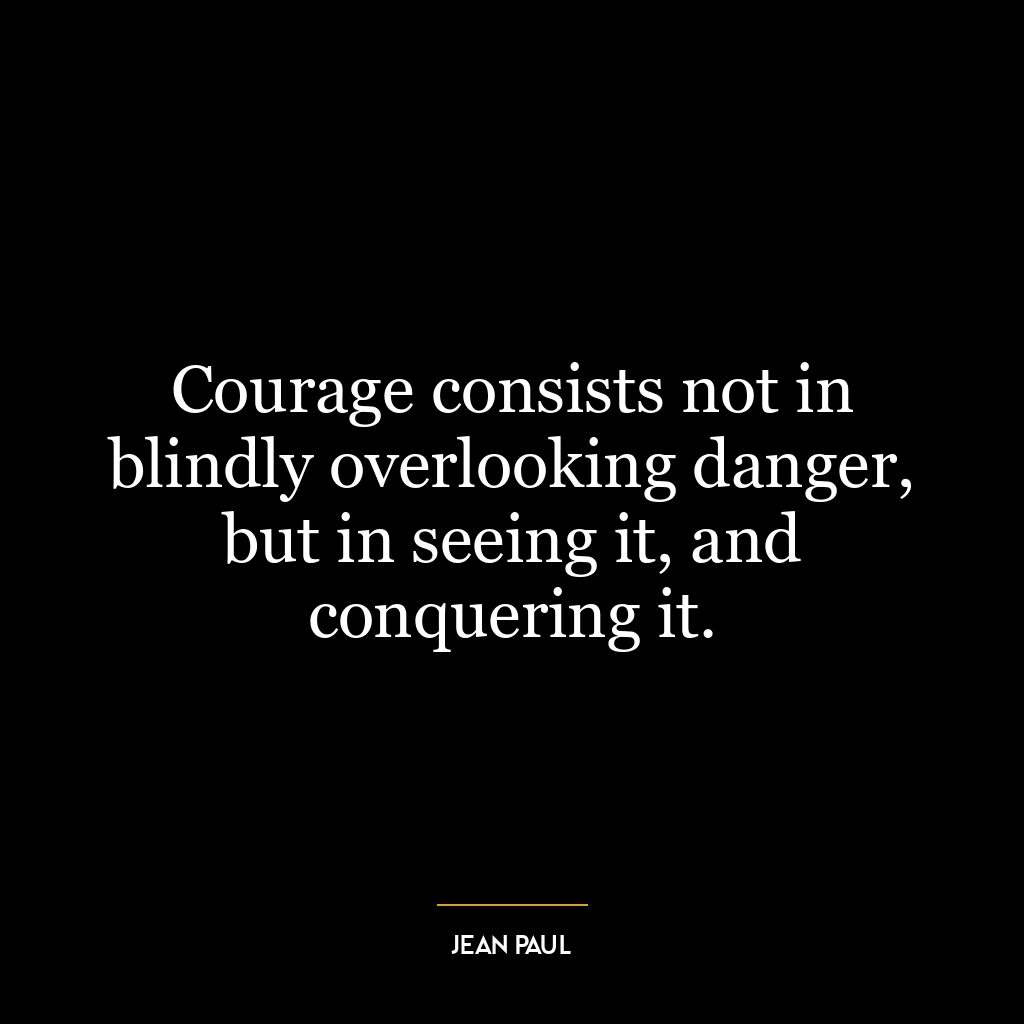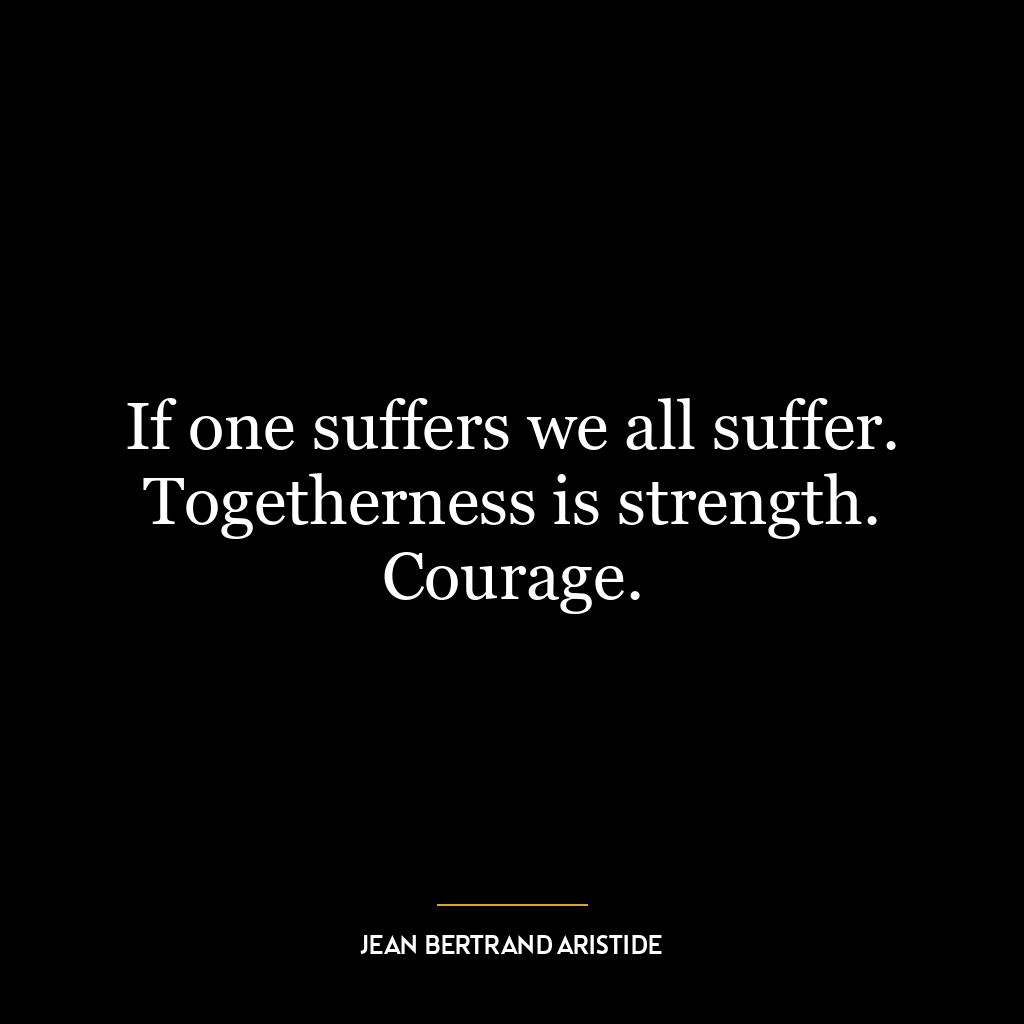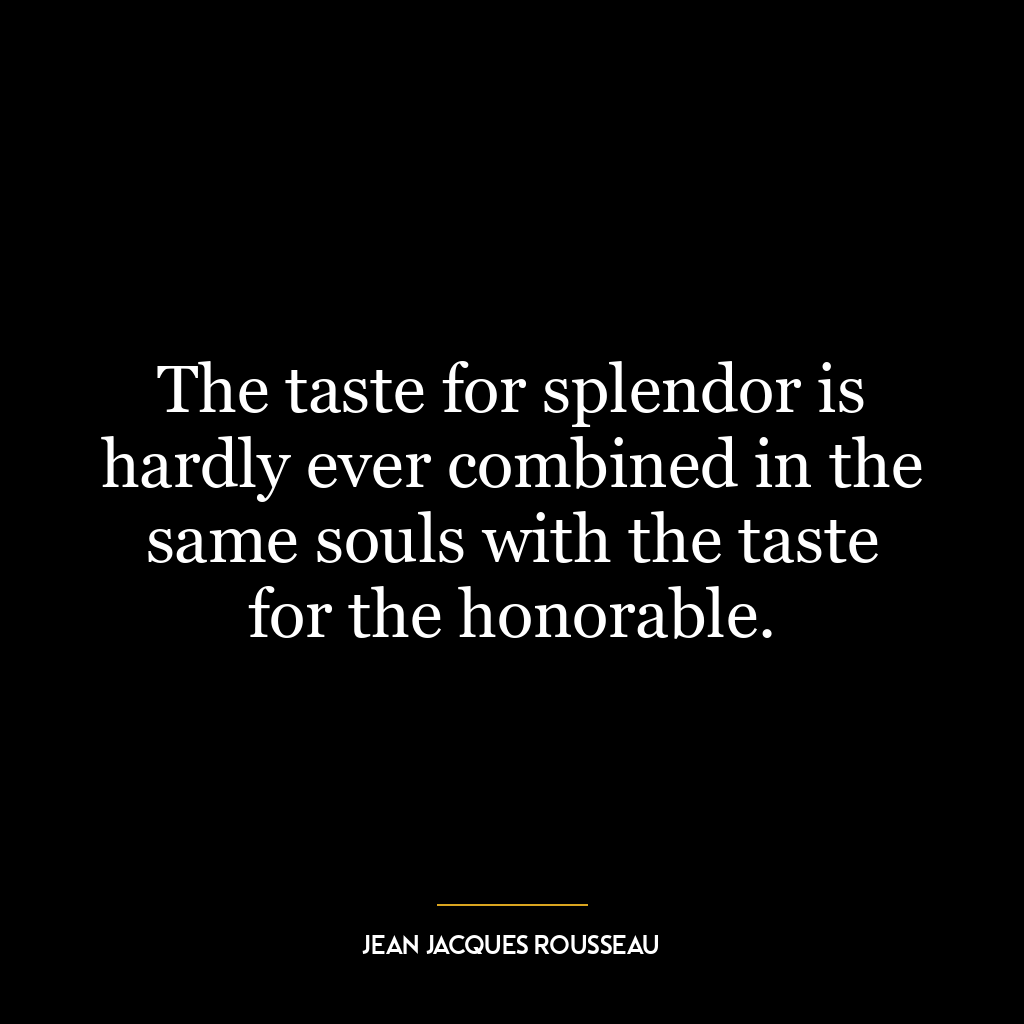This quote suggests that the place of honor, respect, and admiration is not necessarily where it is safest or easiest, but rather where the challenges are greatest and the fight is hardest. The brave man, in this context, is the one who steps into the fray, accepts the challenge, and does not shy away from difficulty or danger. The ‘thickest of the fight’ symbolizes the most challenging, demanding, or dangerous situations in life.
The ‘post of honor’ is a metaphor for the position or situation in which one can earn the most respect and admiration. It implies that true honor comes not from taking the easy path, but from taking on challenges bravely, even when they are daunting. It’s about having the courage to face adversity head-on, to stand up for what is right, or to push oneself beyond one’s comfort zone.
In today’s world, this quote can be applied in various ways. In the context of personal development, it suggests that growth and progress come from facing and overcoming challenges, not from avoiding them. It might mean taking on a difficult project at work, standing up for a cause you believe in despite criticism, or pushing yourself to achieve a personal goal.
In a broader societal context, this quote could be applied to those who take on leadership roles during difficult times, or those who advocate for change in the face of opposition. The ‘brave man’ could be anyone who steps forward to address a problem or injustice, even when it is easier or safer to stay silent.
In summary, the quote emphasizes the value of courage, resilience, and perseverance, and suggests that true honor comes from facing challenges head-on, regardless of how difficult they may be.









